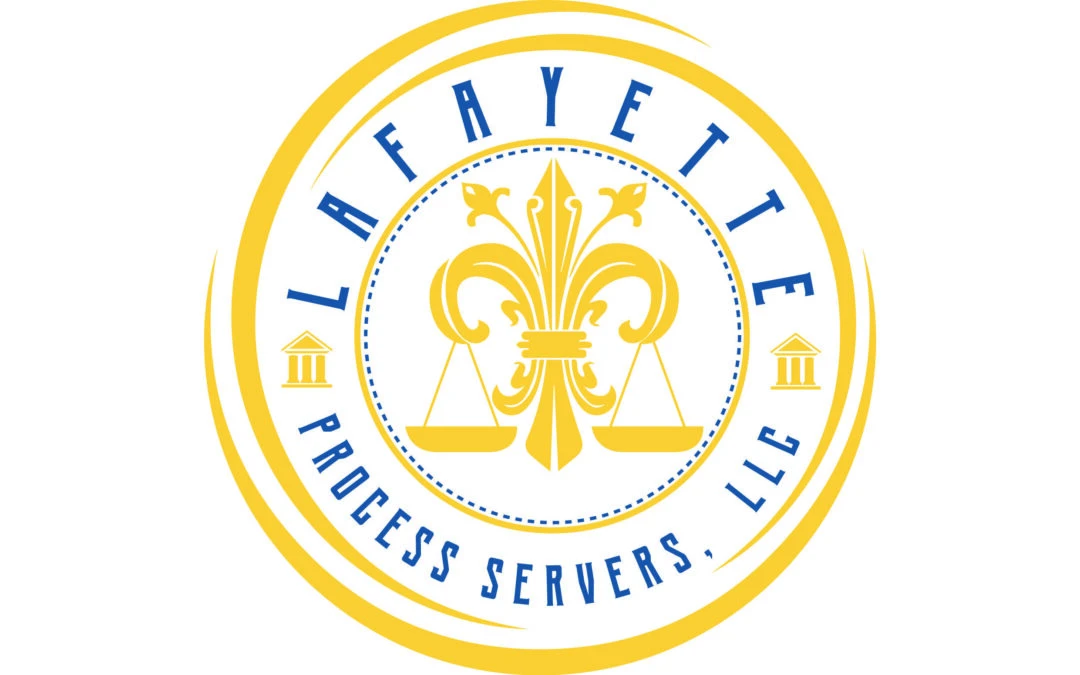Dealing with an eviction can be a stressful and confusing time for both landlords and tenants. Understanding the correct legal procedures is crucial to ensure everything is handled properly and fairly. If you’re a landlord or tenant in Lafayette Parish, Louisiana, this guide will walk you through the essential steps of the eviction process, from serving the notice to what happens next.
Understanding the Louisiana Eviction Notice 📜
In Louisiana, an eviction is formally called a “Rule for Possession.” Before a landlord can file for an eviction with the court, they must first give the tenant a proper written notice to vacate (leave the property). The type of notice required depends on the reason for the eviction.
The most common reason for eviction is non-payment of rent. In this case, Louisiana law requires a 5-Day Notice to Vacate.
Key Features of a 5-Day Notice to Vacate:
- Purpose: It informs the tenant that they have five days to pay the rent they owe or move out of the property.
- Delivery: The notice must be delivered in person to the tenant, posted on the door of the rental property, or sent by certified mail. 📬
- Waiver: It’s important to note that many lease agreements in Louisiana include a clause where the tenant waives their right to this 5-day notice. If the lease contains this waiver, the landlord can proceed directly to filing an eviction lawsuit without giving prior notice. Always check your lease agreement! 📄
For other lease violations (like having an unauthorized pet or causing damage), the notice period is also typically five days, unless the lease specifies a different timeframe.
The Eviction Process in Lafayette Parish ⚖️
If the tenant does not pay the rent or move out within the five-day period, the landlord can then file a “Rule for Possession” with the appropriate court. In Lafayette Parish, this is handled by the Lafayette City Court or the 15th Judicial District Court, depending on the location and specific circumstances.
- Filing the Lawsuit: The landlord files a petition with the court, and a court date is set.
- Serving the Tenant: A constable or sheriff’s deputy will serve the tenant with the lawsuit, informing them of the court date.
- The Court Hearing: Both the landlord and tenant must appear in court. 🧑⚖️ The judge will listen to both sides and make a ruling. If the judge rules in favor of the landlord, they will issue a “Judgment of Eviction.”
- Writ of Possession: If the tenant still does not leave the property after the judgment (usually within 24 hours), the landlord can request a “Writ of Possession” from the court. This authorizes the sheriff or constable to physically remove the tenant and their belongings from the property.
Serving Lafayette and Surrounding Parishes 🗺️
Our legal landscape is interconnected. Understanding the process in Lafayette Parish is helpful for residents in all neighboring areas. The laws are statewide, but local court procedures can vary slightly. We serve clients and provide information for a wide area in the heart of Acadiana, including:
- Lafayette Parish (Cities include: Lafayette, Carencro, Scott, Broussard, Youngsville, Duson)
- Acadia Parish (Cities include: Crowley, Rayne, Church Point)
- St. Landry Parish (Cities include: Opelousas, Eunice, Sunset)
- St. Martin Parish (Cities include: St. Martinville, Breaux Bridge, Cecilia)
- Vermilion Parish (Cities include: Abbeville, Kaplan, Erath)
- Iberia Parish (Cities include: New Iberia, Jeanerette, Delcambre)
Whether you are a landlord needing to reclaim your property or a tenant facing a potential eviction, knowing your rights and the proper legal steps is the first line of defense.
Disclaimer: 🚨 This article is for informational purposes only and does not constitute legal advice. Landlord-tenant laws can be complex and are subject to change. It is highly recommended that you consult with a qualified attorney for advice regarding your individual situation.
Sources & Further Reading:
- Louisiana Legislature – Civil Code Title XI (Lease): http://www.legis.la.gov/legis/Law.aspx?d=109727
- Lafayette City Court: https://www.lafayettecitycourt.com/
- 15th Judicial District Court (Lafayette Parish): https://15thjdc.org/
- Acadiana Legal Service Corporation (Legal Aid): https://www.la-law.org/
- Navigating the Louisiana Eviction Process: A Landlord’s Guide 📄
- #LouisianaEviction #EvictionNotice #LafayetteParish #LafayetteLouisiana #LandlordTenantLaw #LouisianaLaw #RealEstate #Acadiana #Carencro #ScottLA #Broussard #Youngsville #RentalProperty #KnowYourRights

